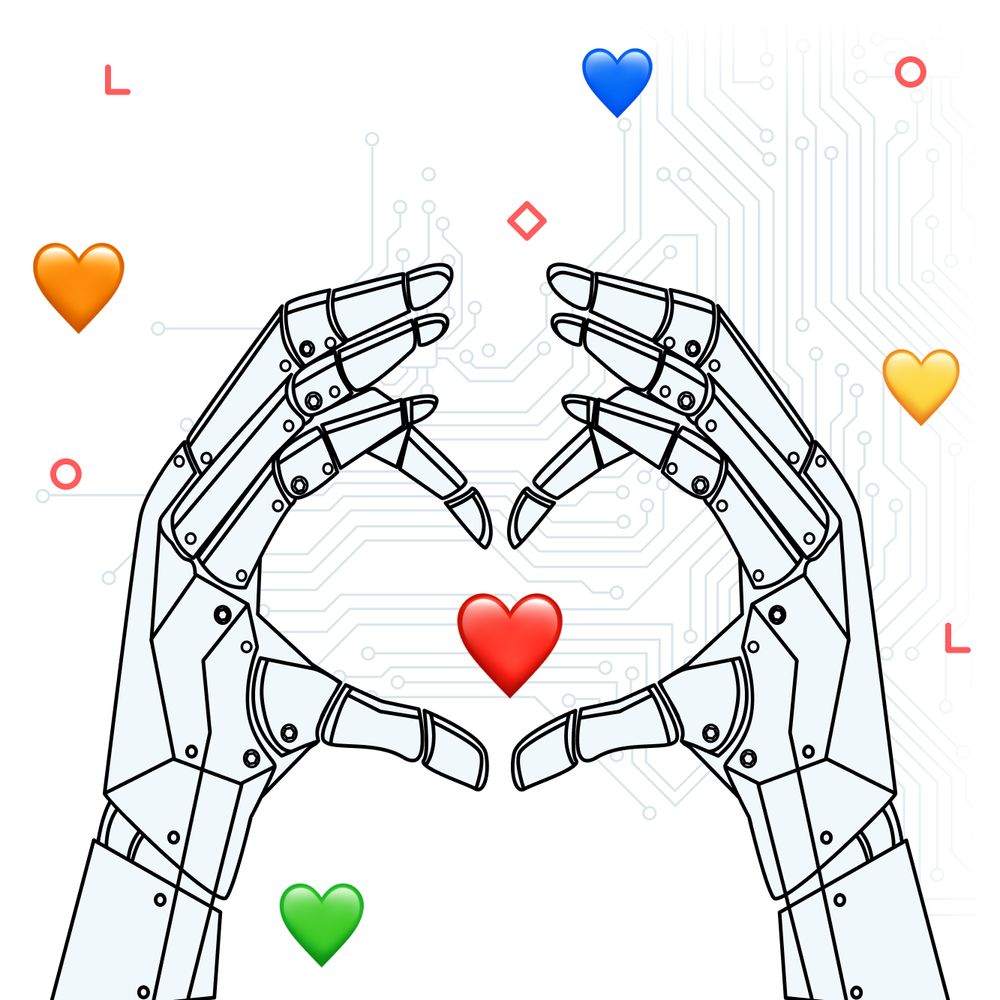Artificial Intelligence (AI) has been a disruptive force across numerous fields, revolutionizing industries, and altering the way we perceive and interact with technology. However, beyond its intellectual prowess, a new frontier may be emerging - emotional intelligence.
The development of empathy in AI, often seen as the apex of emotional intelligence, is a paradigm shift that promises to redefine human-computer interactions profoundly.
What is Empathy?
Empathy, in the simplest terms, is the ability to understand and share the feelings of others. It's a complex emotional capability that has, so far, been unique to living beings. To stress it enough, understanding that somebody has an emotion alone is not empathy. Empathy is feeling the emotions of another person. AI doesn’t possess emotions in the same way humans do. Instead, AI could only simulate or mimic emotions by recognizing and responding to human emotions without truly feeling them. But as AI evolves, we're starting to see systems that can recognize, interpret, process, and respond to human emotions. This is not yet to be called empathy alone but can greatly help people in various domains.
At the core of empathetic AI is a technology known as Affective Computing coined by Professor Rosalind Picard of the MIT Media Lab. This innovative field uses various methods, including natural language processing, facial recognition, and biometric data analysis, to decode the intricacies of human emotion.
Do We Need Empathetic AI?
The cornerstones of human comprehension are emotions, reasoning, and empathy. These elements not only enable effective communication but also highlight the paramount role of emotions in our interactions. They shape our choices, how we relate to others, and our reactions to various circumstances. By developing AI systems that recognize and respond to human emotions, we can greatly improve the depth and effectiveness of interactions between humans and AI.
In healthcare, empathetic AI can provide emotional support to patients, helping to combat feelings of isolation or anxiety. AI-powered chatbots, equipped or mimicking empathy, can offer round-the-clock mental health support, providing comfort to those who may not have immediate access to human aid.
Education is another field that could greatly benefit from empathetic AI. Imagine an AI tutor that can feel a student's frustration or confusion and adapt its teaching methods accordingly. The possibilities are vast and incredibly exciting.
The Ethical Implications
While the prospect of empathetic AI is fascinating, it also presents complex ethical dilemmas. Most importantly, is AI genuinely experiencing empathy in the profound human sense of truly feeling emotions? Or is it merely exhibiting learned behavior to provide a sense of understanding and comfort to individuals?
These questions not only underscore the necessity for a robust ethical framework governing the development and use of empathetic AI but also emphasize the need for empathetic, integrally aware individuals at the helm of creating these systems. Such people can ensure that these technologies are crafted ethically. Establishing transparency about how AI understands and responds to emotions, and continuously monitoring for biases are crucial steps towards the ethical use of empathetic AI.
Looking to the Future
Empathetic AI is undoubtedly a thrilling frontier, promising to inject a new level of emotional intelligence into our technological interactions. However, it's essential to recognize that the concept of empathetic AI is nuanced and challenging to definitively measure or verify. Treating it with a degree of skepticism is wise, given the potential for misconceptions or even misuse. If not implemented judiciously, the ramifications of a flawed system could be detrimental.
As we move forward, the focus must remain on harnessing this powerful technology in ways that respect human dignity, protect privacy, and enhance the quality of life. This calls for rigorous checks, balances, and an unwavering commitment to ethical considerations.

